
Why Do People Buy Products?
If you wish to be a product creator (and I hope that you do wish to be a product creator) you have to understand why people buy products. It sounds like a very open-ended question; like it would be different for every product. Well, I have some excellent news. As a creator of a new product, the question is much narrower: "Why do people buy new products?" and this question has one broadly-applicable answer, and it's a very useful concept to take on-board.
I heard this long ago, and thought it sounded very glib and cynical:
"People Don’t Buy Products, They Buy Better Versions of Themselves."
—Samuel Hulick
I thought it sounded like something a sleazy marketing guy would say.
This guy for example:

But here's the truly disturbing part: it's completely true.
People don't hop out of bed and decide to buy a new product for no reason at all.
They buy a new product because they decide to improve themselves. They want to level up.
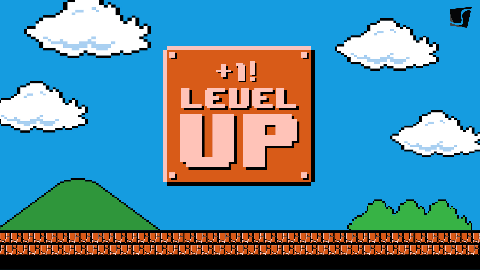
They have tolerated a problem in their life for too long... finally, after struggling and searching, they have reached a new resolve: this is the day that they are going to move forward.
They see who they are now. They see who they could be. And they decide to take action on turning their current self into their future self.
They want to upgrade their daily life. They want to break an old habit. They want to fix a chronic condition. They want to change. They are motivated to improve.
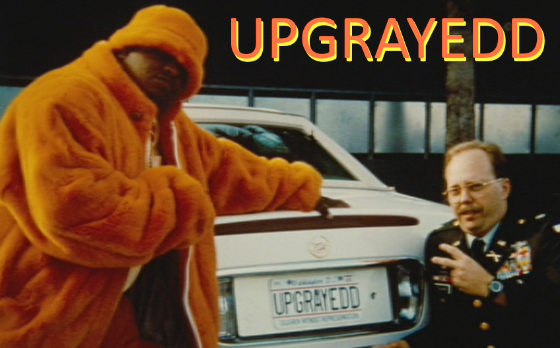
For example:
Why are they suddenly buying a camera? "To take pictures," you say? No, it's to be someone they weren't before. To be a "photographer".
Maybe it's not their first camera: why are they getting a new and better camera? Because they're a better photographer now. They're a more professional photographer.
Why does someone buy their first gun? Why does someone buy a new type of milk?
Why does Homer buy a hat autographed by Tom Landry?

I can't buy that. Only management-type guys with big salaries like me can afford things like that. Guys like me! I'm a guy like me!
Here's the customer, imagining...
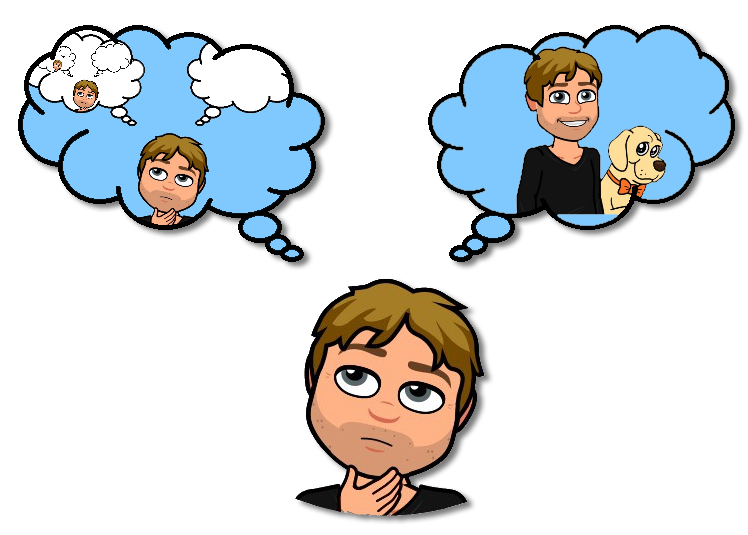
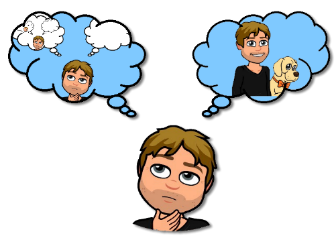
They're imagining how they are now, without the product, and also, how they could be, if they had the product, (in this case an adorable puppy).
Notice they don't just imagine the product by itself: they imagine themselves with the product. Their new puppy-filled life. You're not likely to find a puppy in the 'self-improvement' aisle at your local bookstore. But that's where it belongs. That's where all the products belong.
And I'm not talking about "social signaling" — the act of demonstrating your status to other people around you. I'm primarily talking about their own image of themselves, known only to them. And it's not just an 'image', it's a reality. They really will become a photographer. Without a camera, there is no chance of realizing their new self-image. If the product is successful then it truly will make them achieve their new self-image.
The best description I've found of this process is "the system of progress" from the book "When Coffee and Kale Compete" by Alan Klement.
Alan's writing is largely based on the "Jobs to be done" framework — a really useful way of looking at customer's attitude to products.
But this idea of buying a future self looks to me like the person is working on the capstone of Maslow's Hierarchy of Needs: Self-Actualization:
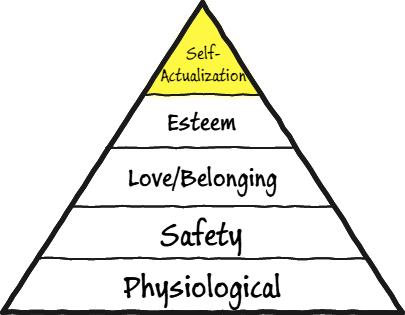
Assuming our product is not a basic life-preserver (bread and water) and the person's fundamental needs are taken care of, then they're going to be looking to fulfill a need higher in the stack. That's where self-actualization comes into it.
Once you've chosen the target market of a product, you can find product ideas by asking "How does a member of this group upgrade themselves?"
You then look at the series of capabilities they need to acquire in order to move up through the group: What capabilities are valuable to that market? Again, we're not just talking about perceived status or tokens, but actual demonstrable capabilities. Once you know this you must ask: What products or inventions can you create that will assist them on that journey? And from a marketing point of view: make it clear what capabilities your products will enable.
In any group, there are an an endless series of products required to help people move along those upgrade paths. And the upgrade path isn't a single ladder of success, with only one way to succeed. It's a jungle gym with many ways to advance!
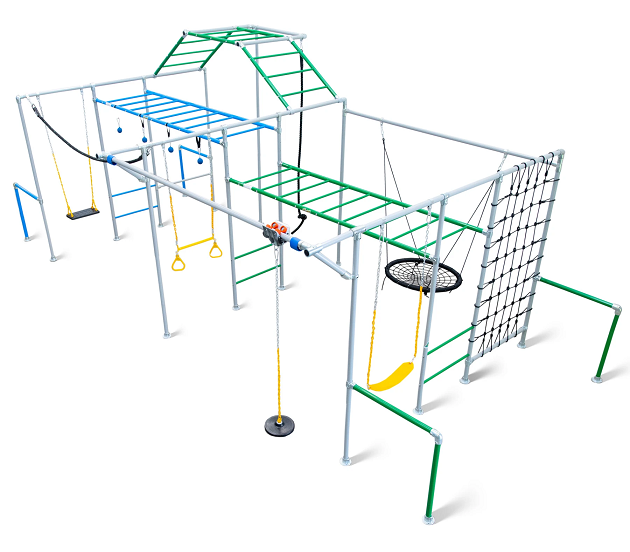
Success isn't a ladder, it's a jungle gym!
What paths through the jungle gym have other mentors and products overlooked? And what particular steps do people need the most help with? That's where your first product can be built, and it leads the way to so many more products as well!
Good luck helping people on their journey!
My book "Choose Your First Product" is available now.
It gives you 4 easy steps to find and validate a humble product idea.